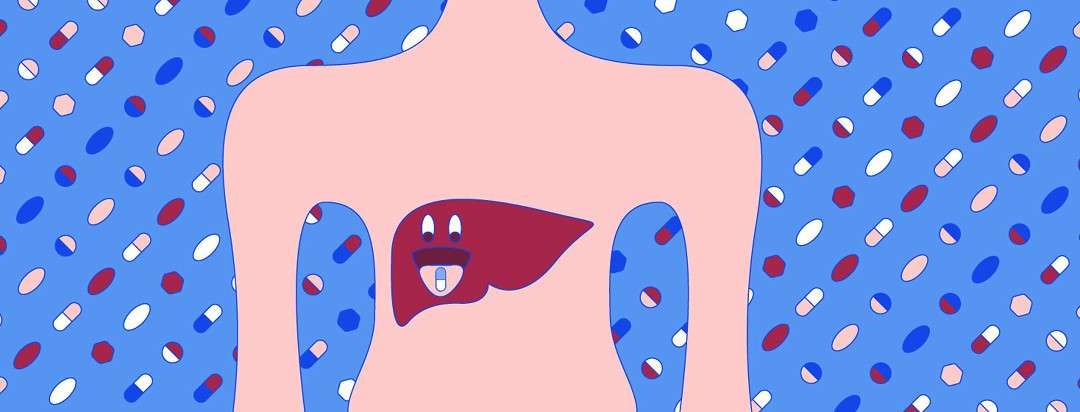Vitamins and Supplements During Treatment
We are all at different stages with our liver disease, and have different needs. If you want to know about taking vitamins and supplements during treatment, please use this as a reference to take to your doctor. My story is a little scary and yours may not be so bad. If your doctor is okay with you taking vitamins and supplements during treatment, that is cool. I’ll share my experience, and invite you to think about your body’s needs as well. I’ll also list the top vitamins you may need.
First, my gastro doctor did a vitamin panel with my blood work. I was taking too many because I was so tired. He cut me off of all vitamins and supplements. When my liver calmed down, we added a multivitamin. My doctor determined what dosage was safe for me. Too many vitamins, herbs, and supplements can have the wrong effect with liver problems from hep C or any other cause.
Community Poll
Do you have liver damage from hep C?

Join the conversation